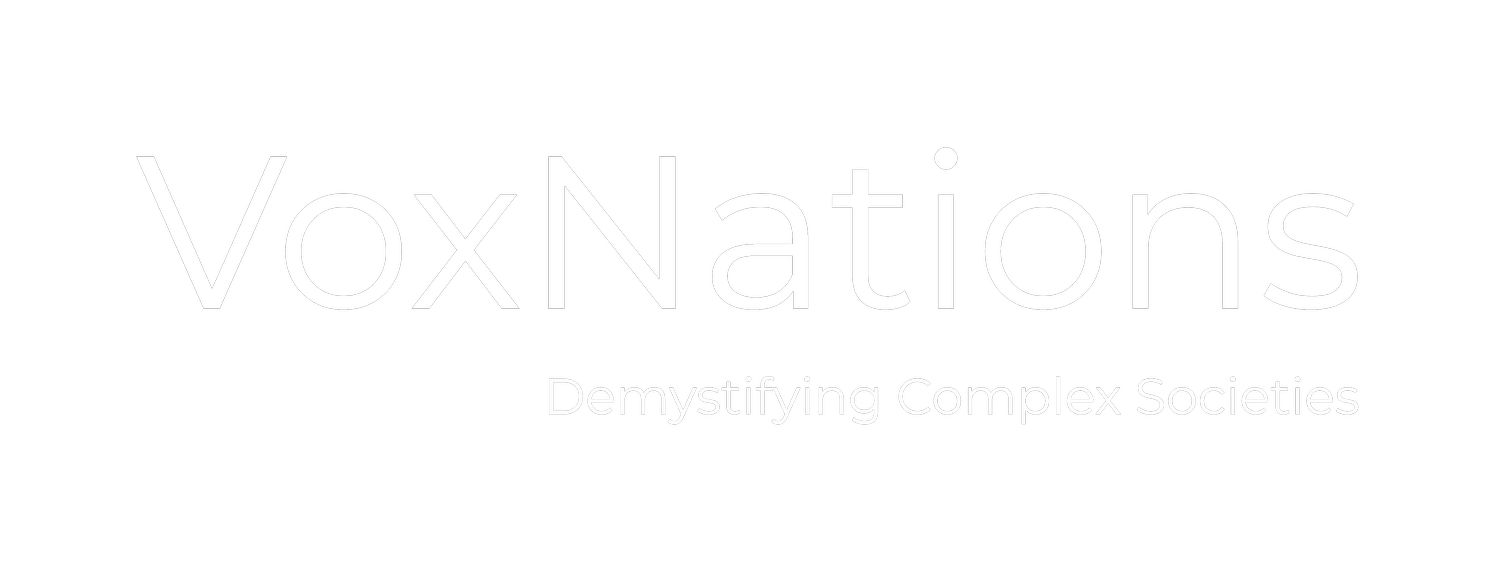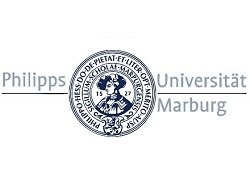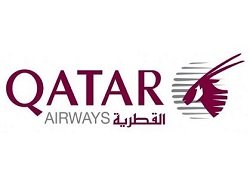A new IranPoll survey conducted in conjunction with the University of Maryland (CISSM) in July 2022, shows that while Iranians continue to be lukewarm toward the JCPOA nuclear agreement, less than half now expect that it will actually be restored. Moreover, about two in three say that even if a new agreement were to be reached, the United States is unlikely to ultimately fulfill its obligations and less than quarter believe that Iran should show flexibility to get the deal restored. Despite such assessments, however, a majority believe that a successful restoration of the JCPOA would be beneficial for Iran’s economy.
A stable majority of Iranians continue to reject the idea of Iran developing nuclear weapons and only about a third of Iranians want their country to develop nuclear weapons. Iranians, nevertheless are confident that if their country was to decide to develop nuclear weapons, they would be able to do so in short order and hindrances caused by the United States and other countries, including possible military actions, would not be enough to prevent Iran from developing nuclear weapons.
On the War in Ukraine, while Iranians reject the idea that the invasion was a form of self-defense, they do accept the argument that Russia was forced to attack because Ukraine was about to join a military alliance against Russia. When asked who they blame the most for the start of the war in Ukraine, less than one in ten blame Ukraine, while three in ten blame Russia, a similar number blame the United States, Western countries, or Europe; and one in seven blame all sides. Russia’s favorability rating, which had remained stable for years, has dropped by more than 15 points since the start of the war and a majority now have an unfavorable attitude to Russia.
The recent survey also asked a few questions on people’s confidence in President Raisi. The results show that while confidence in Raisi has eroded in some areas, including his ability to reduce inflation and fight corruption, people still have confidence in his ability to improve Iran’s situation in other areas, including its relations with neighboring countries.
University of Maryland CISSM was responsible for designing the questionnaire, getting feedback from relevant policy experts and practitioners, performing the analysis, and putting together the final report. The survey was fielded by IranPoll between June 22 and July 3, 2022, among a representative sample of 1014 Iranians, using IranPoll’s standard nationally representative probability sampling method as detailed here.
The margin of error was +/- 3.1%. The AAPOR2 contact rate of this survey was 84%. The AAPOR2 cooperation rate of the survey was 74%. The overall response rate of the survey based on AAPOR2 was 59%.
We partially sponsored the collection of the survey through VoxNations Schelling Grant in Support of Primary Data Collection.
MAIN FINDINGS:
Below please find the results of this survey in greater detail:




























































